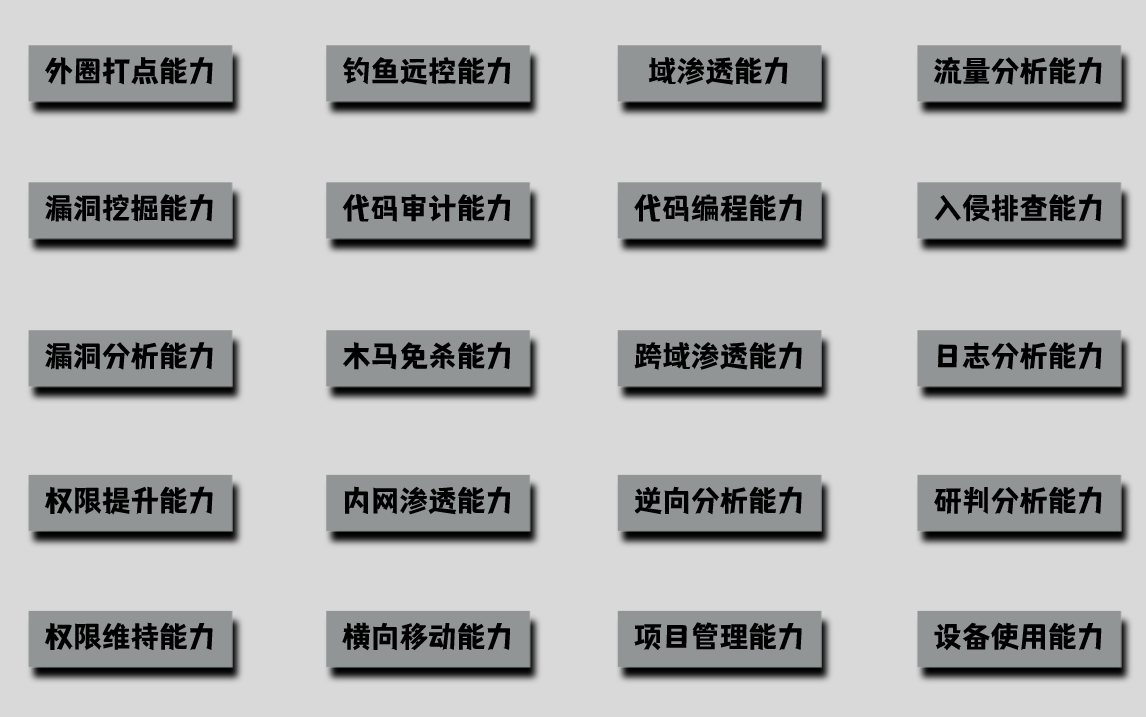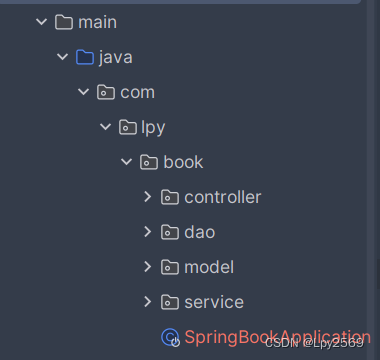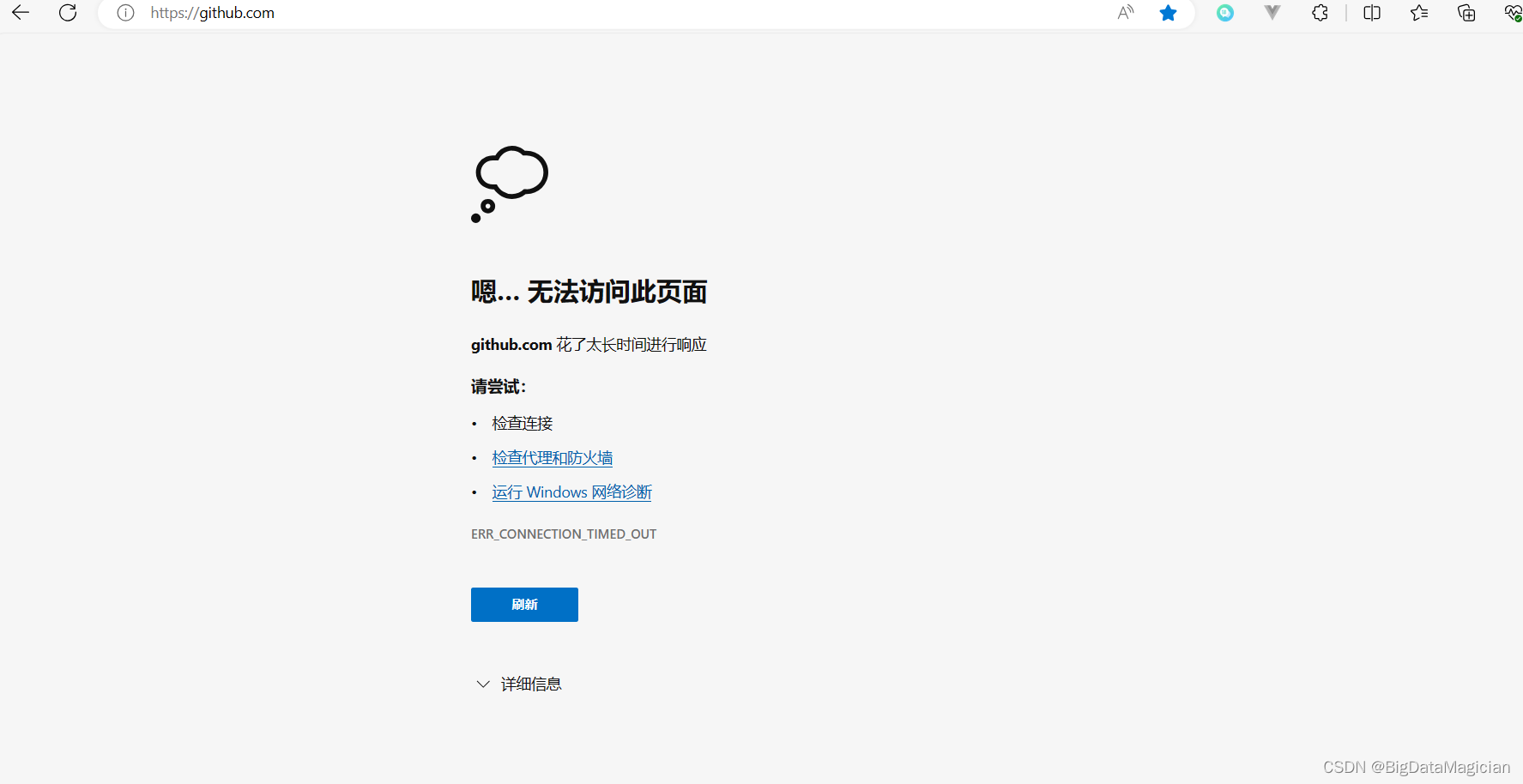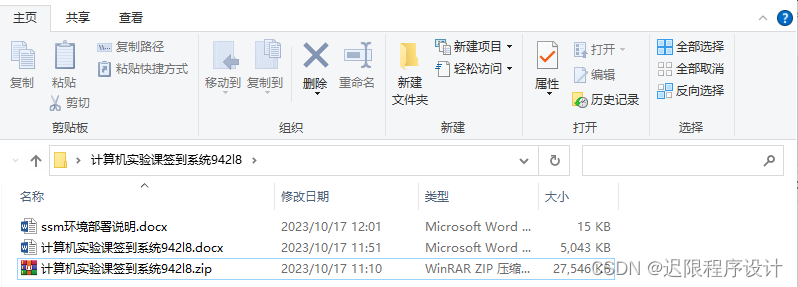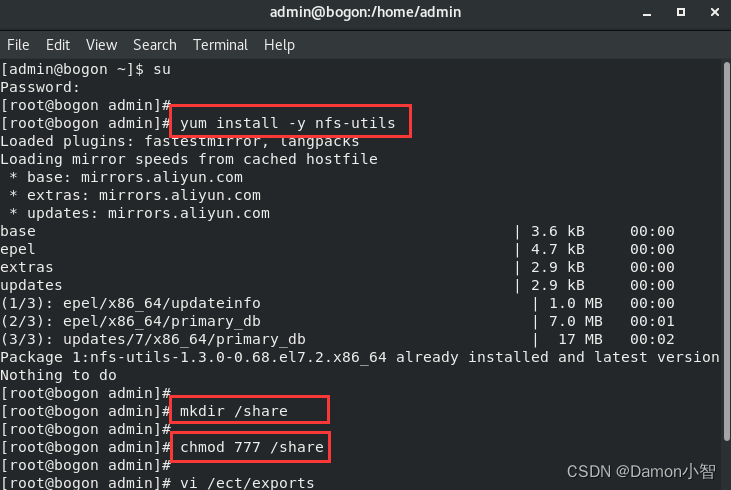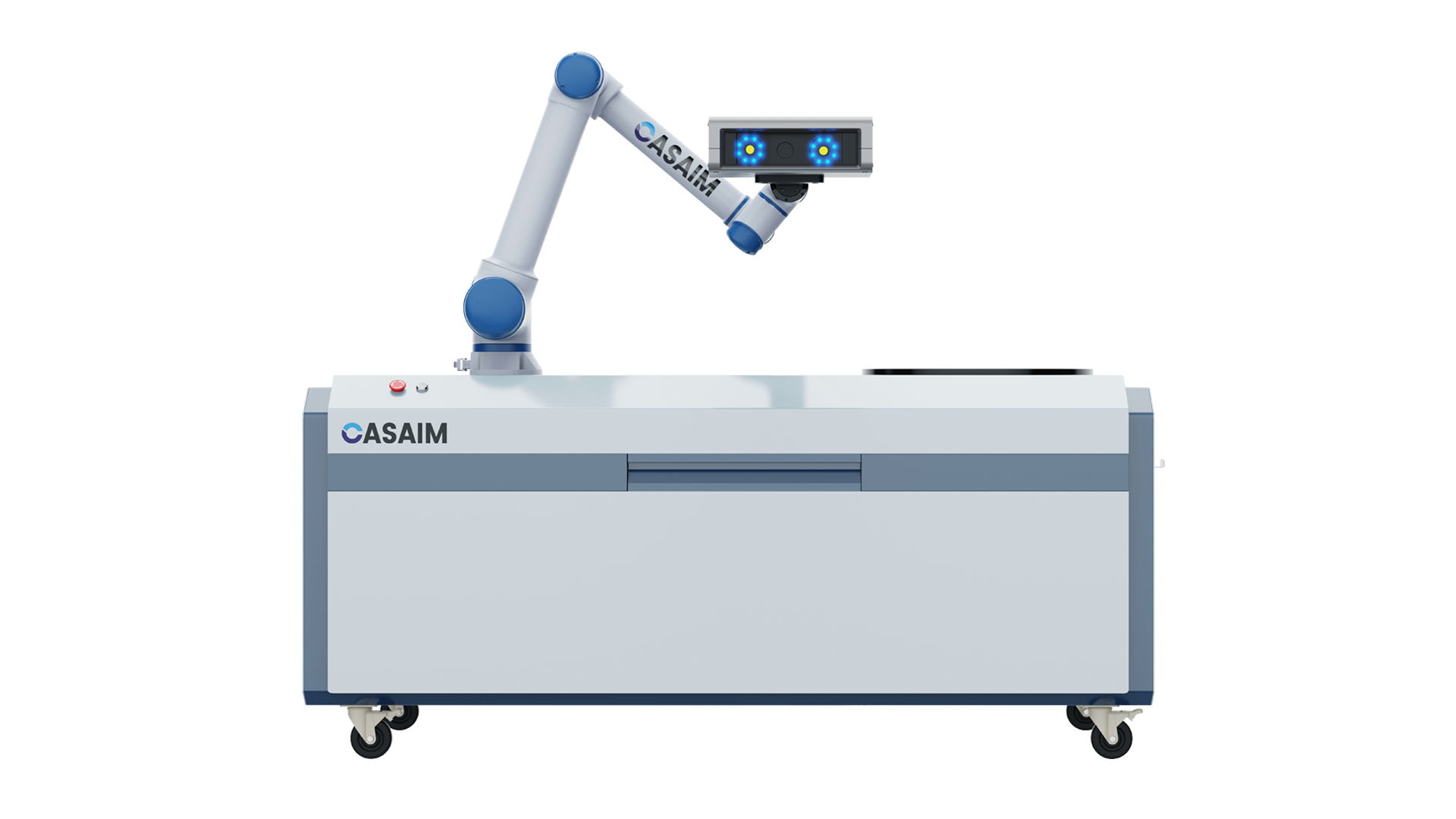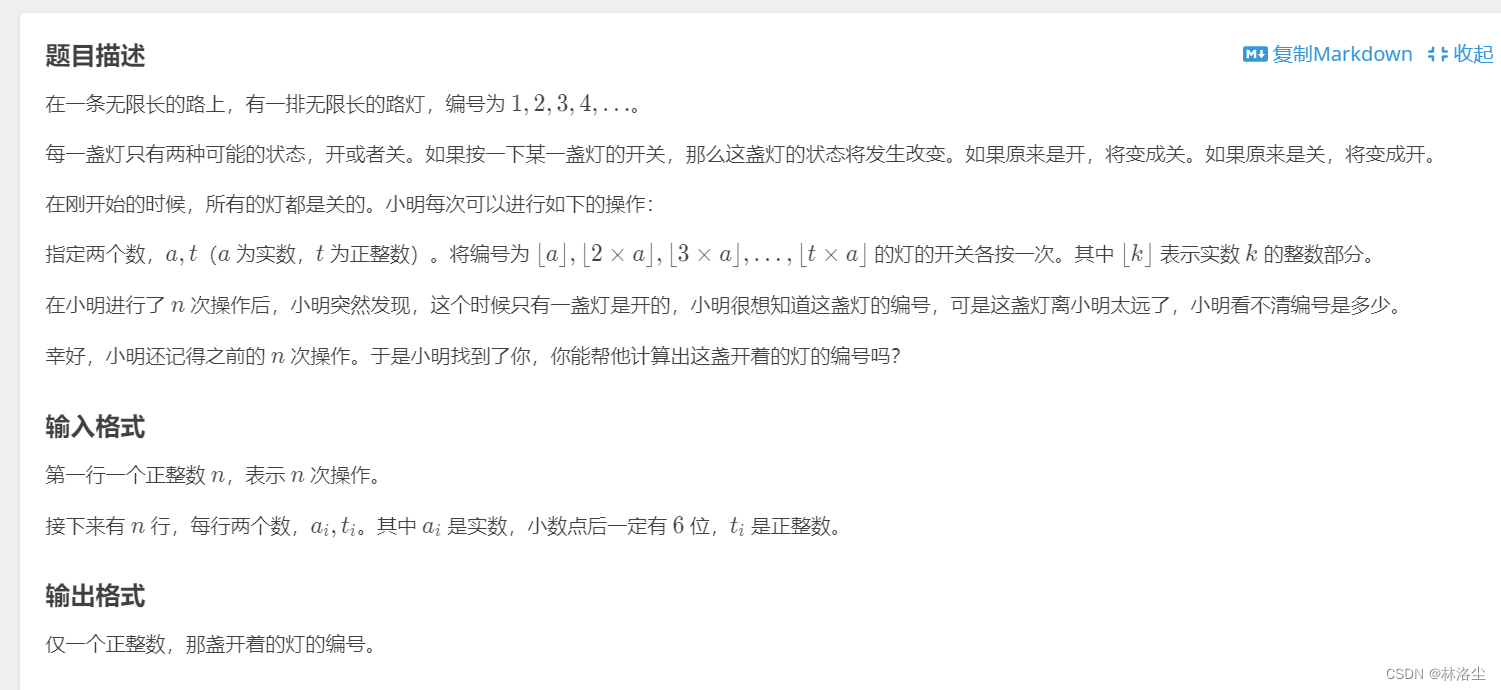最近要开qt项目,所以先复习一下c++,下周可能就更新qt笔记了。
参考:
https://www.runoob.com/cplusplus/cpp-tutorial.html
https://c.biancheng.net/cplus/
namespace std建议只在函数内部使用,不要放全局
cout和cin都是c++内置对象,不是关键字
使用cout输出bool类型的值,结果是0或1
逗号运算符:整个逗号表达式的值是以逗号分隔的列表中的最后一个表达式的值
int i = 10; cout << (i,i+2) << endl; // 12lambda函数
也就是匿名函数,也称为lambda表达式;将函数看作对象,可以赋值给变量或者作为参数传递,也可以对其求值。
格式:
// 有返回值的情况,例如:[](int x, int y)->int{ int z = x + y; return z + x; } [capture](parameters)->return-type{ body} // 无返回值的情况,例如:[]{ ++g; } [capture](parameters){ body}其中,capture里是访问当前作用域的变量时的方式(值,还是引用?)
[] 没有定义任何变量,使用未定义变量会报错 [x, &y] x以传值的方式传入(默认),y以引用的方式传入 [&] 任何被使用到的外部变量都隐式地以引用方式传入 [=] 任何被使用到的外部变量都以传值的方式引用 [&, x] x以传值方式使用,其他变量是引用 [= &z] z是引用,其他变量是传值 注意:对于[=]和[&],lambda可以直接使用this指针,但对于[],如果要使用this指针,必须要显式传入
[this](){ this->func(); }实例
使用auto是让编译器自动推断函数的类型。
auto add = [](int a, int b) -> int { return a + b; }; int result = add(3, 5);C++允许给函数传递数组,可以传递指针、或者type array[](长度可以不指定),但实际传的都是指针;同样,函数不能直接返回数组,需要返回一个指针。但是这个指针不能指向局部数组,除非定义局部变量是static变量或者动态分配数组。
- static举例
int* myFunction() { static int myArray[3] = { 1, 2, 3}; return myArray; }- 动态分配举例(需要使用new创建,并且在调用函数的代码块中使用delete释放)
int* myFunction() { int* myArray = new int[3]; myArray[0] = 1; myArray[1] = 2; myArray[2] = 3; return myArray; } int main() { int* result = myFunction(); // 使用 result // 一定要释放,因为不会自动释放 delete[] result; return 0; }C++ 不支持在函数外返回局部变量的地址,除非定义局部变量为 static变量。所以如果函数的返回值是指针,也需要用static变量
类型转换
静态转换static cast
- 强制转换,一般是类型相似的对象
- 不进行运行时类型检查(可能导致错误)
int i = 10; float f = static_cast<float>(i);动态转换dynamic cast
- 通常用于将一个基类指针或引用转换为派生类指针或引用
- 在运行时进行类型检查,如果不能转换则返回空指针或者引发异常
class Base { }; class Derived : public Base { }; Base *ptr_base = new Derived; Derived *ptr_derived = dynamic_cast<Derived*>(ptr_base);常量转换const cast
- 用于将const类型的对象转换为非const类型的对象
- 只能转换掉const属性,不能改变对象类型
const int i = 10; int& r = const_cast<int&>(i); // 将const int 转换为int重新解释转换reinterpret cast
- 重新解释
- 不进行任何类型检查,可能导致未定义的行为
int i = 10; float f = reinterpret_cast<float&>(i); cout << f << endl; // 1.4013e-44

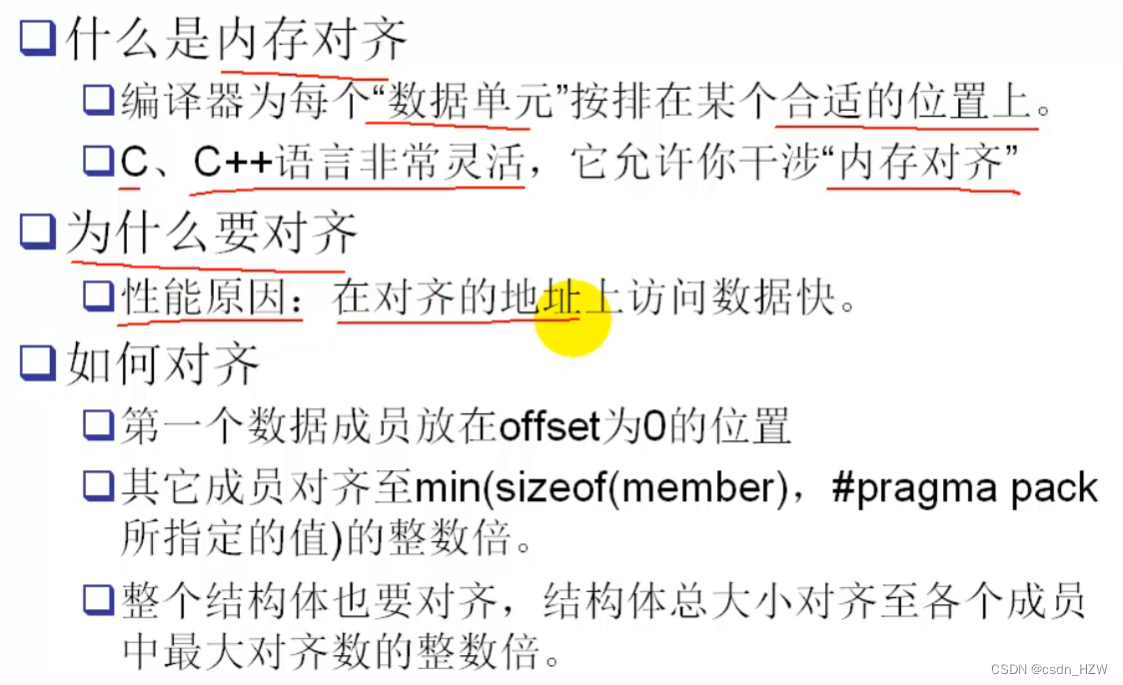

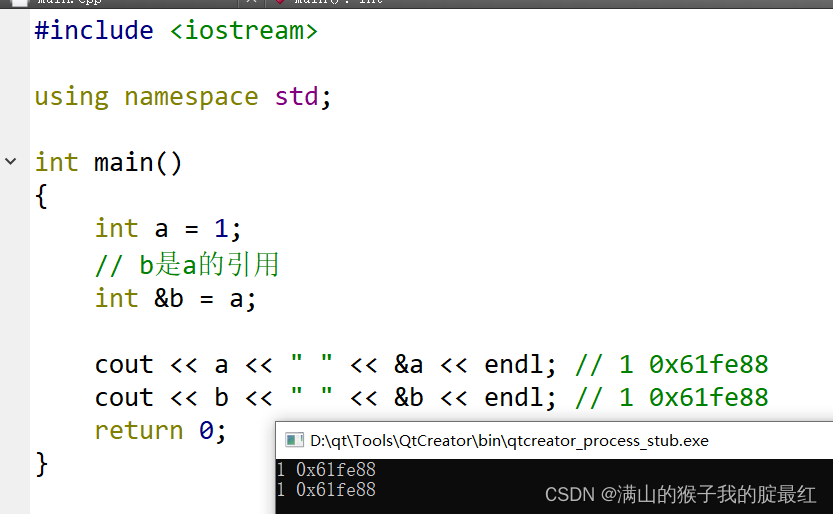

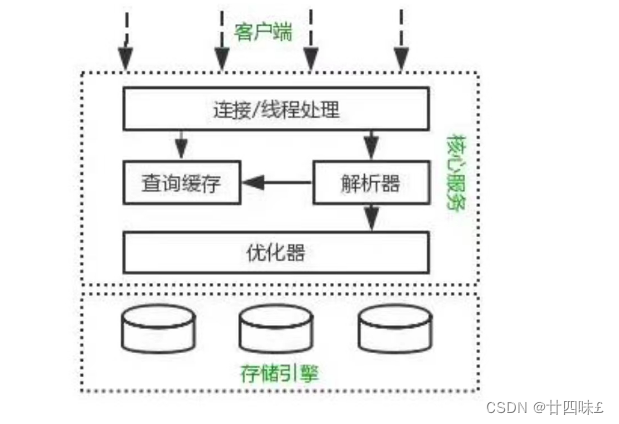
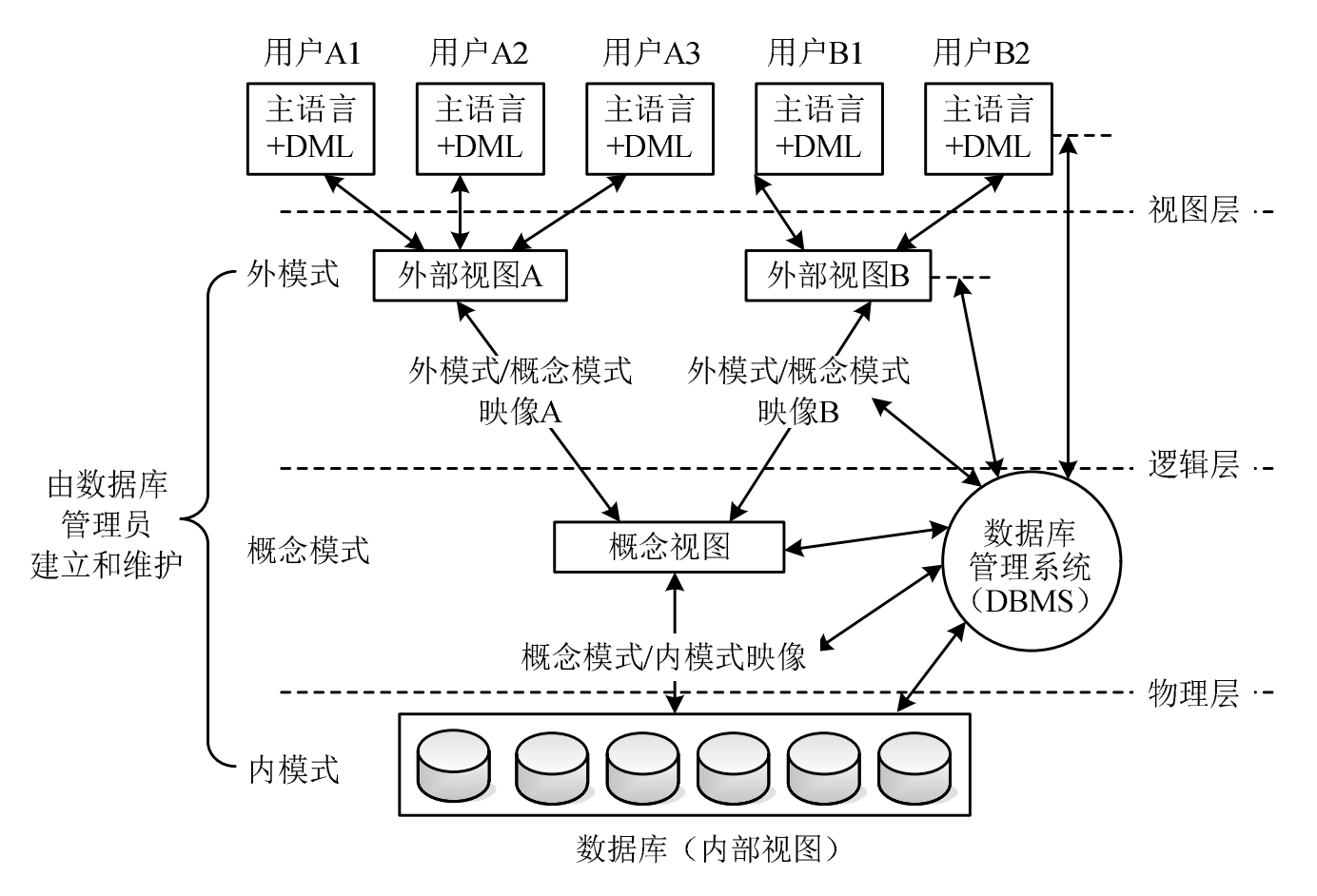


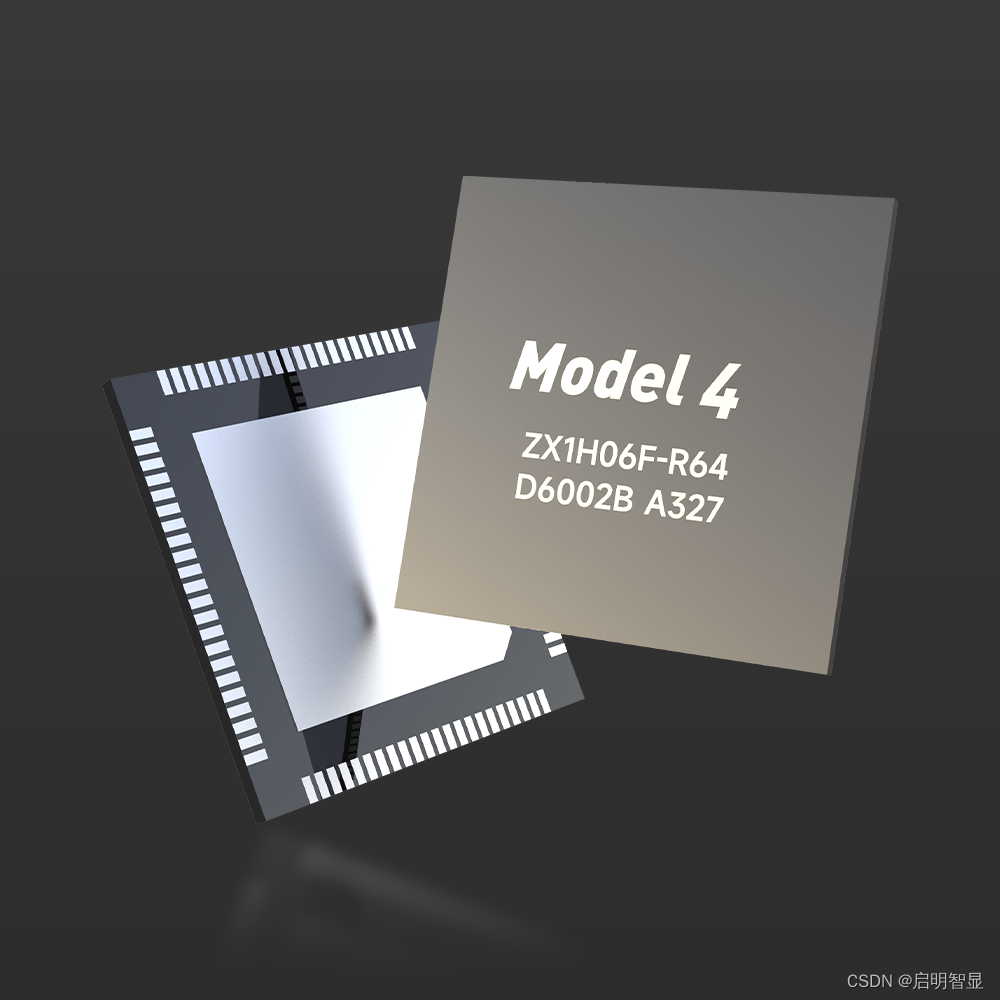
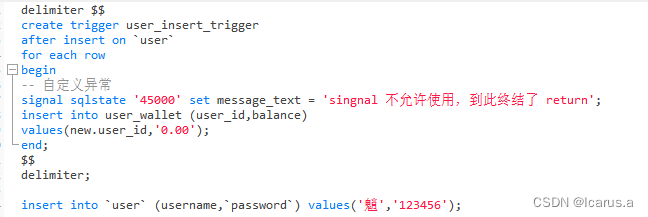
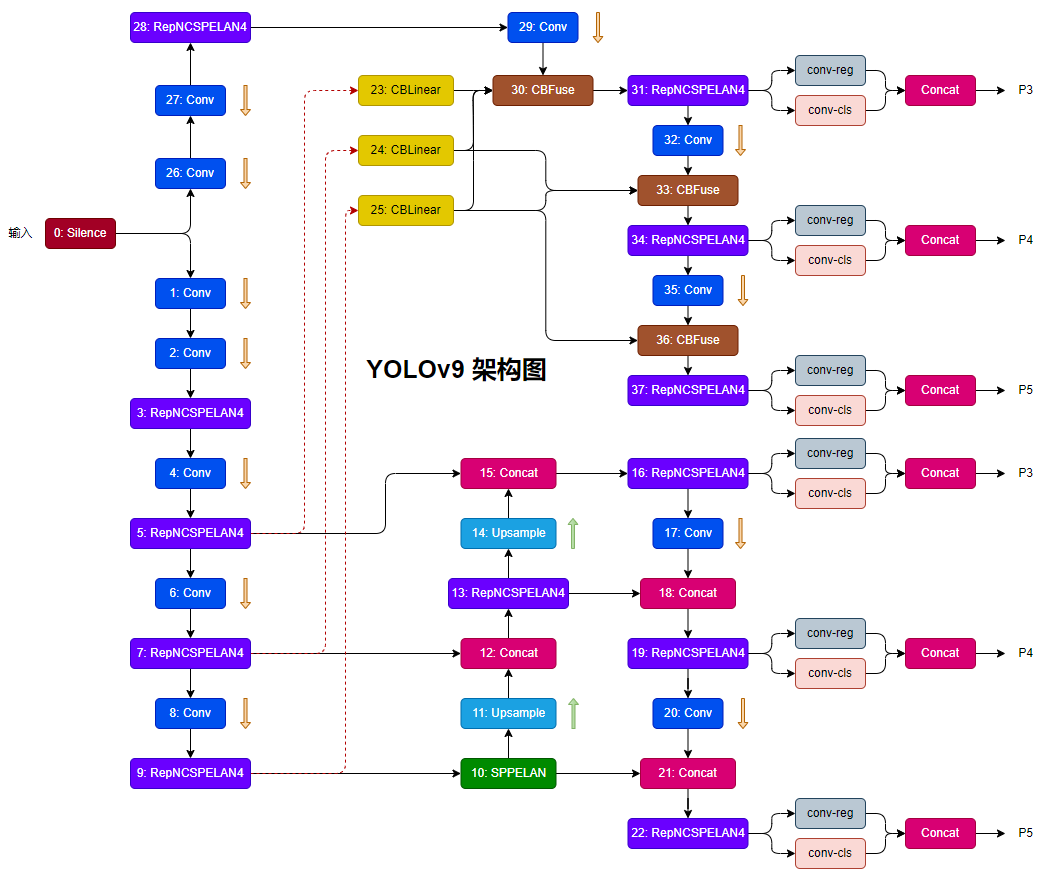






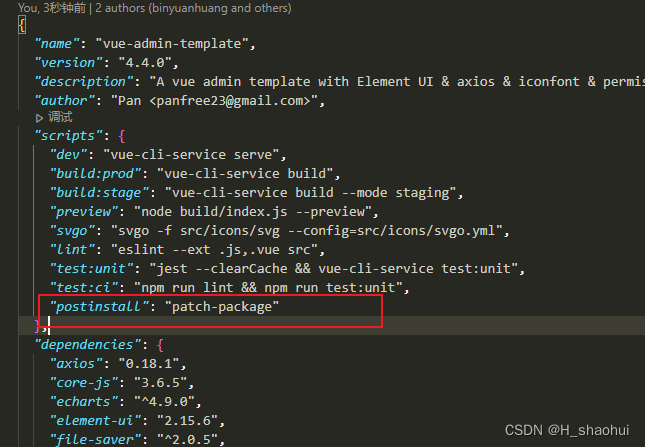
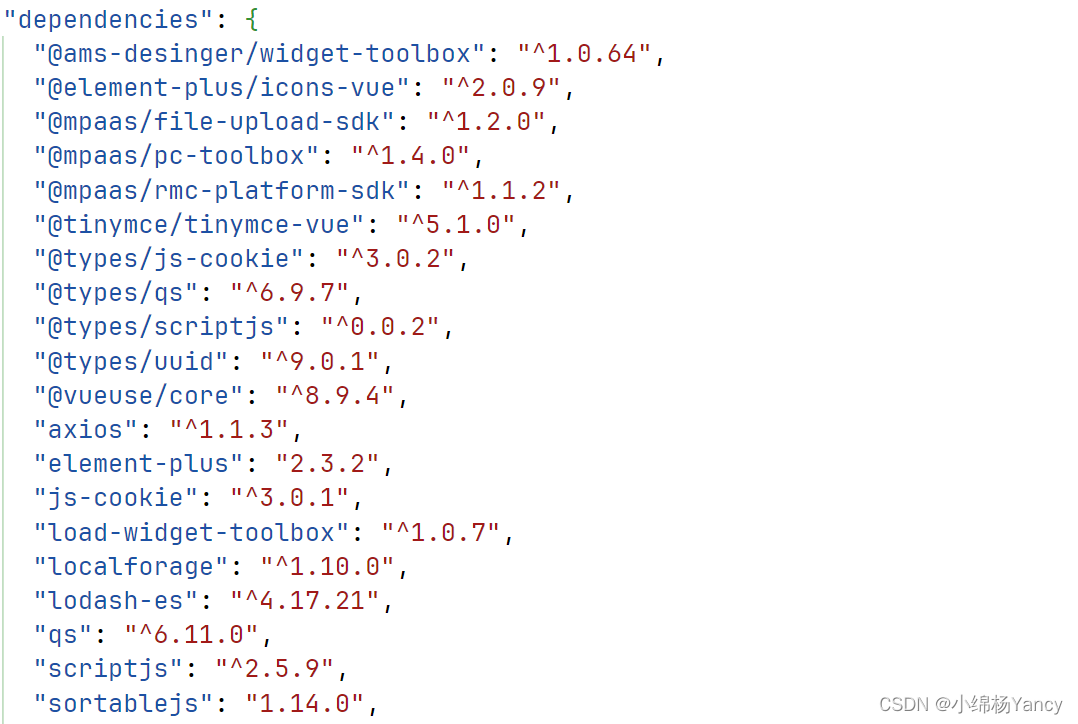
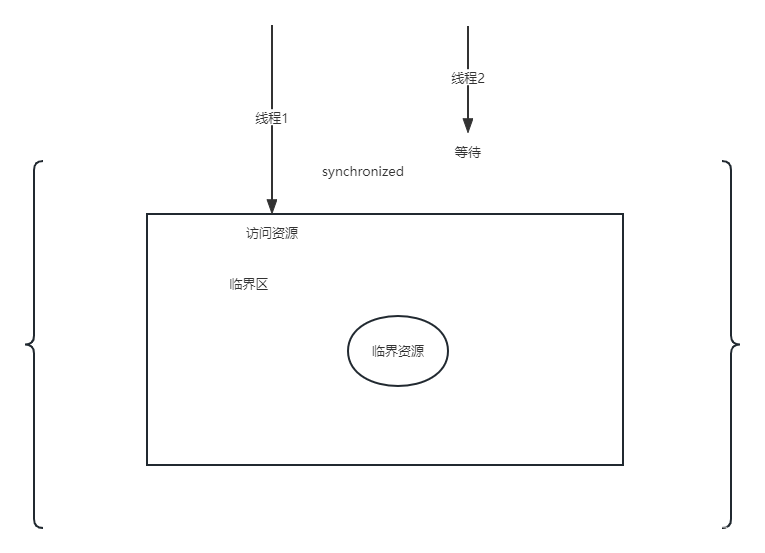
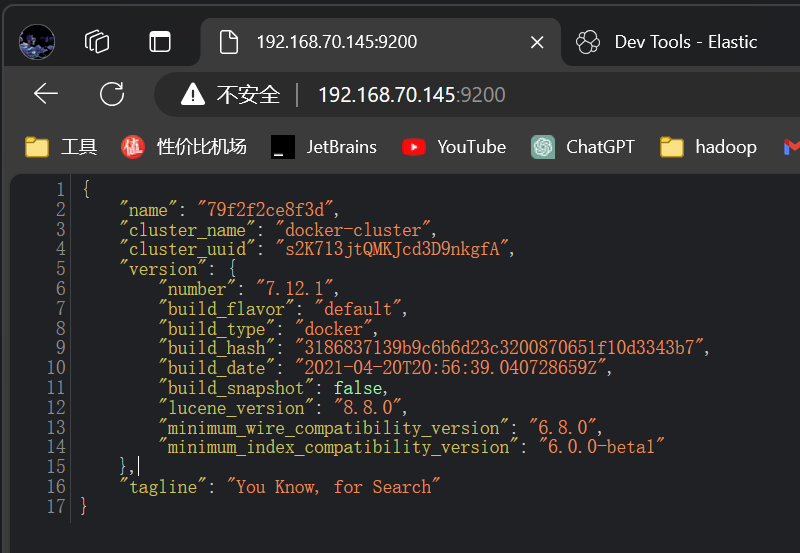

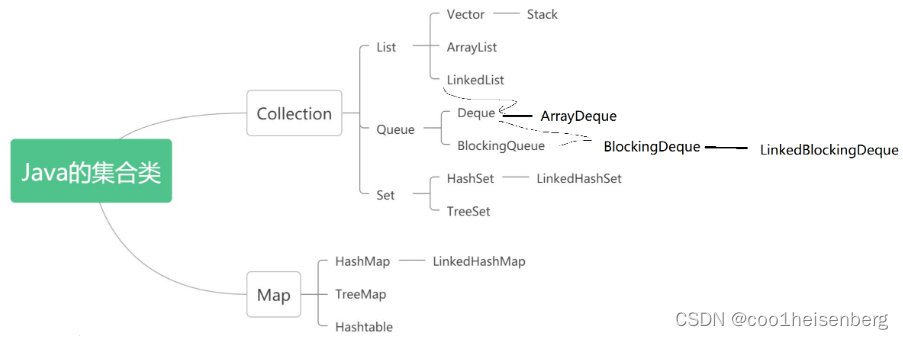

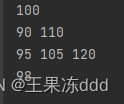


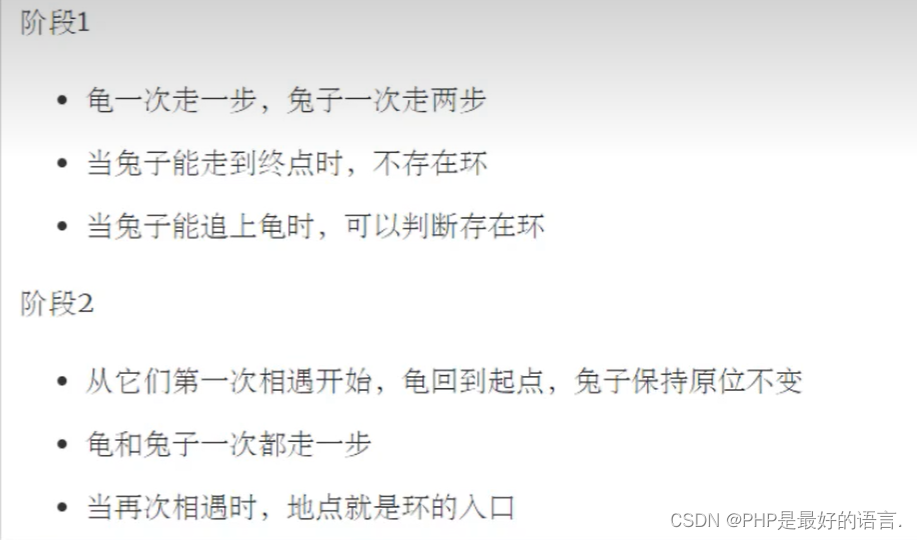
![【蓝桥杯冲冲冲】动态规划初步[USACO2006 OPEN] 县集市](https://img-blog.csdnimg.cn/direct/719d2d8567b741bf9b81aea236e64a5b.png#pic_center)
